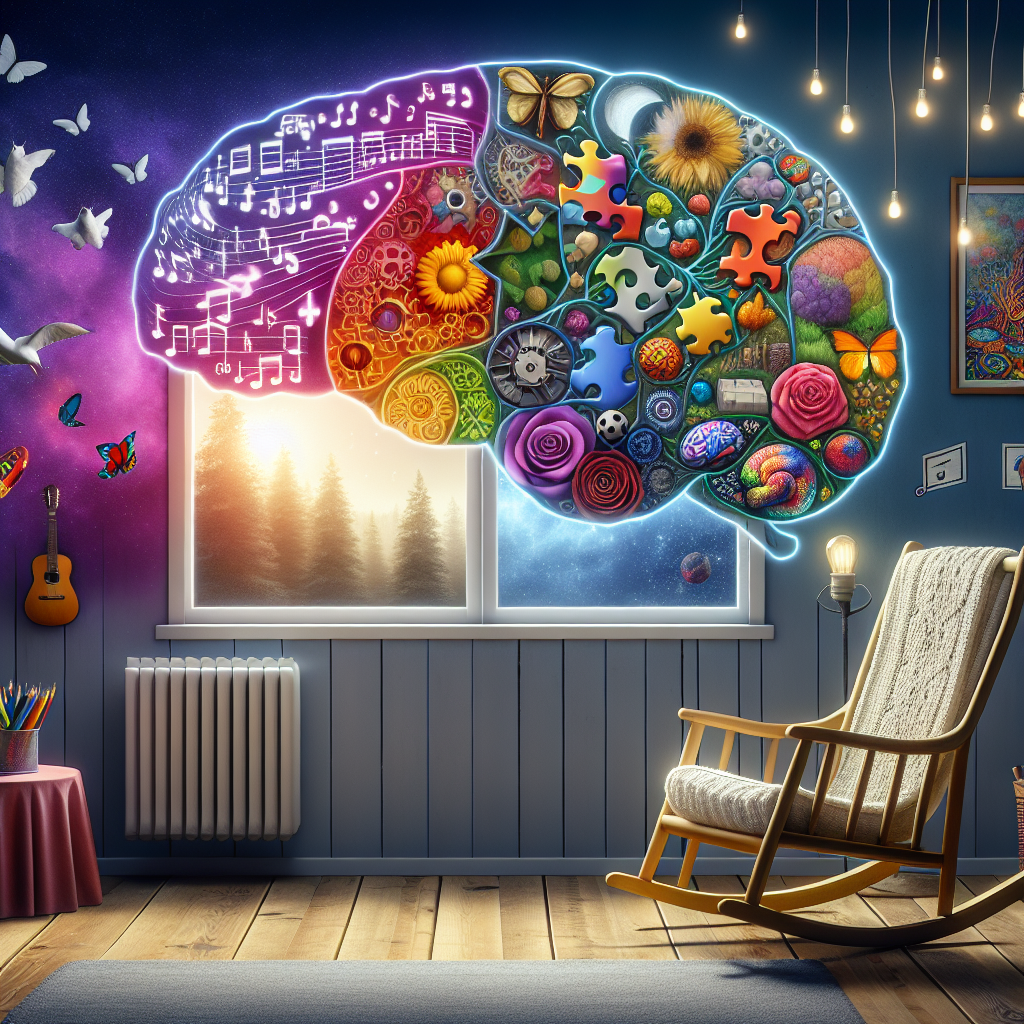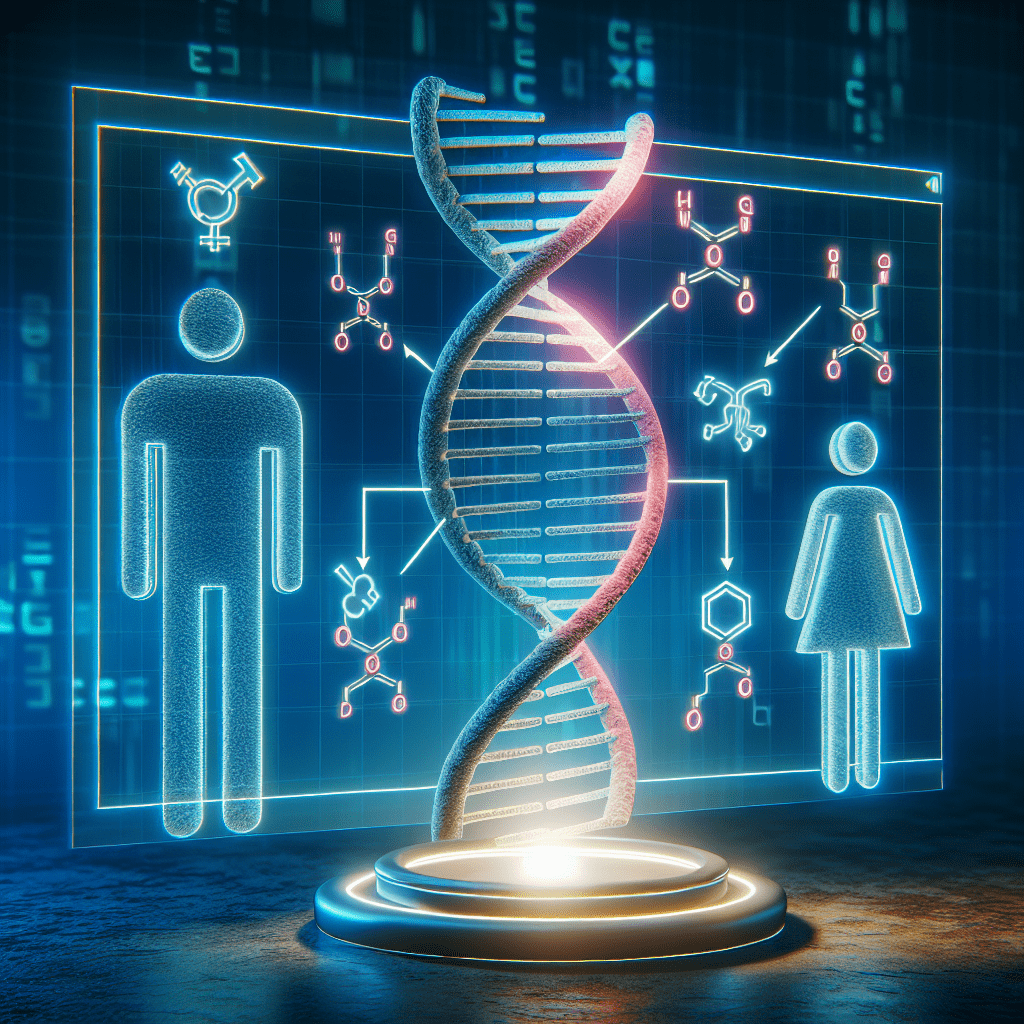What Makes Autistic Adults Angry? Understanding Triggers and Responses
What makes autistic adults angry? Understanding the triggers behind anger in autistic individuals is crucial, not only for creating supportive environments but also for improving social interactions and communication. Autism Spectrum Disorder (ASD) encompasses a diverse range of experiences, and recognizing the nuances that may lead to feelings of anger can empower both autistic adults and those who share their lives. In this article, we will delve deeply into the common triggers of anger among autistic individuals, explain the reasons behind these reactions, and provide practical strategies to address and manage anger constructively. By fostering empathy and understanding, we can create a more inclusive world where everyone’s emotions are acknowledged.
Understanding Anger in Autistic Adults
When exploring what makes autistic adults angry, it’s essential to understand that anger isn’t merely a reaction; it often manifests from deep-seated experiences, sensory overload, or feelings of being misunderstood. Communication challenges can lead to frustrations that sometimes explode into anger. For instance, many autistic adults struggle with expressing their thoughts and feelings, leading to a build-up of tension when they cannot articulate their needs.
Moreover, social situations can be particularly overwhelming. Consider this scenario: an autistic person is in a crowded environment with loud sounds and chaotic movements, which can be incredibly distressing. If someone tries to engage them in conversation without acknowledging their discomfort, it may lead to an outburst of anger simply because that individual feels trapped and overwhelmed. This is a clear example of a situational trigger where external chaos interacts with internal sensations.
It’s also important to recognize that anger can stem from social misunderstandings. Autistic adults may misinterpret social cues or find themselves on the receiving end of judgmental remarks or dismissive behaviors. Such experiences can make them feel invalidated or marginalized, leading to frustration and anger. Connecting with others in a meaningful way is often enriched through understanding body language, tone, and expressions, which can present challenges for many on the spectrum.
In some cases, anger becomes habitual. When past experiences of invalidation or misunderstanding accumulate, it can lead to a pervasive sense of helplessness. The anger felt in these situations is not just a momentary reaction but rather a manifestation of deeper emotional wounds that need to be addressed.
Common Triggers of Anger in Autistic Adults
To better understand what makes autistic adults angry, let’s explore some common triggers in more detail. By identifying these factors, we can enhance our empathy and develop better coping strategies.
1. Sensory Overload
Sensory overload is one of the most significant triggers for anger among autistic adults. Many autistic individuals have heightened sensory sensitivities, making sounds, bright lights, or even certain textures overwhelming. Imagine walking into a bustling mall during the holiday season—the multitude of noises, flashing lights, and crowds can be disorienting. For an autistic adult, this scenario might trigger anger as a coping mechanism to communicate their distress.
To cope with sensory overload, many autistic adults adopt various strategies. Some might wear noise-canceling headphones, invest in sensory-friendly clothing, or even practice grounding techniques to navigate overwhelming environments. Educating friends and family about these triggers can also foster supportive relationships, allowing autistic individuals to communicate their needs more effectively.
2. Miscommunication or Social Misunderstandings
Miscommunication often serves as a substantial trigger of anger for autistic adults. When communication barriers arise, individuals may feel ignored or undervalued. Even a well-intentioned moment can escalate quickly if someone misunderstands a statement or reaction. For instance, if a friend makes a lighthearted comment that comes across as teasing, it can lead to anger if that comment feels dismissive of their feelings.
Developing effective communication strategies is vital for fostering understanding. Clear, direct communication can reduce the chances of misinterpretation, lessen feelings of anger, and enhance relationships. Encouraging discussions surrounding individual communication preferences and needs can also create an atmosphere of empathy and respect.
The Emotional Landscape of Anger in Autism
Understanding the emotional landscape of what makes autistic adults angry involves looking beyond the surface. In fact, anger often acts as a mask to conceal more profound feelings such as sadness, fear, or frustration.
1. Coping with Anxiety and Uncertainty
Anger often intertwines with anxiety in the lives of many autistic adults. The unpredictability of social interactions or changes in routine can quickly lead to feelings of helplessness. For example, consider the challenges of a sudden change in workplace routine. For some autistic adults, the backlash of that change can result in anger; this reflects anxiety about what altering schedules might bring.
To address anxiety that often leads to anger, developing routines can provide a sense of stability. Moreover, relaxation techniques such as mindfulness meditation or deep-breathing exercises can help mitigate emotional reactions. Providing environments structured with predictability can reduce the chances of anxiety triggering anger.
2. Navigating a World of Injustice
Autistic adults often encounter discrimination or injustice, which can lead to feelings of anger as a result. This can manifest in various forms, such as being overlooked for a job based solely on their autism or experiencing social exclusion. Each encounter with injustice reinforces feelings of anger, not only as a reaction but as a valid emotional response to experiences of alienation and neglect.
Advocacy plays an important role in addressing these feelings. By encouraging autistic individuals to express their anger constructively through activism or community engagement, you provide a channel through which they can address their experiences. Attending self-advocacy groups or connecting with allies can transform their anger into a force for positive change.
Strategies for Managing Anger
Identifying what makes autistic adults angry lays the groundwork for effective strategies to manage these feelings. Emotional regulation is crucial, and learning how to express anger in healthier ways can benefit both autistic individuals and those around them.
1. Creating Safe Spaces for Expression
One helpful strategy in managing feelings of anger is to create a safe space where autistic individuals can express their emotions openly. This involves recognizing and validating their feelings without judgment. Establishing a routine check-in can help create a supportive environment where individuals feel comfortable discussing their frustrations.
Utilizing tools such as emotion cards or journals to express thoughts can also aid in steering the conversation in a productive direction. Through this dialogue, both parties can explore the root causes of anger and work toward solutions collaboratively.
2. Encouraging Healthy Outlets
Finding healthy outlets for emotions can significantly aid in managing anger. Identifying hobbies or activities that bring joy and relaxation—whether it’s engaging in art, exercise, or music—can serve as an effective outlet when feelings become overwhelming. Physical activity, in particular, can boost serotonin levels and improve overall mood, offering a constructive way to cope.
Participating in group activities centered around these interests can also build social connections, reducing the feelings of isolation that might provoke anger. Creating community around shared experiences fosters understanding and can mitigate the intensity of emotional responses.
Conclusion
Understanding what makes autistic adults angry is a complex but vital topic that can enhance interpersonal communications, foster inclusivity, and guide supportive strategies. Recognizing the triggers that provoke this emotion unveils the deeper emotional landscape underlying many experiences. Educating ourselves on these triggers—whether stemming from sensory overload, miscommunication, anxiety, or feelings of injustice—allows not only for enhanced empathy but also for practical strategies for constructive expression of anger.
By extending understanding and creating avenues for positive dialogues, we can bridge gaps and build supportive spaces that honor individuals’ needs and emotions. Conversations surrounding anger can pave the way for stronger connections, easing feelings of frustration while empowering autistic adults in their life journeys.
FAQs
1. What can I do if an autistic adult becomes angry?
Remain calm and allow them space to express their feelings. Recognize their triggers and communicate supportively. Providing a quiet environment can also help.
2. Are there specific therapies to help manage anger in autistic adults?
Yes! Therapies like Cognitive Behavioral Therapy (CBT) can help them develop coping strategies. Seeking advice from mental health professionals can lead to tailored approaches.
3. How can I effectively communicate with an angry autistic individual?
Utilizing direct and clear communication while remaining patient is key. Reduce distractions, and actively listen without interrupting or judging their feelings.
4. Is anger a common emotion among autistic individuals?
While each individual is unique, anger can be a common response to frustration due to various triggers like sensory overload or social misunderstandings.
5. How can understanding autism improve communication during moments of anger?
Being informed about autism’s communication challenges can foster empathy, leading to more constructive dialogue. Acknowledging triggers can also help navigate tense moments.





